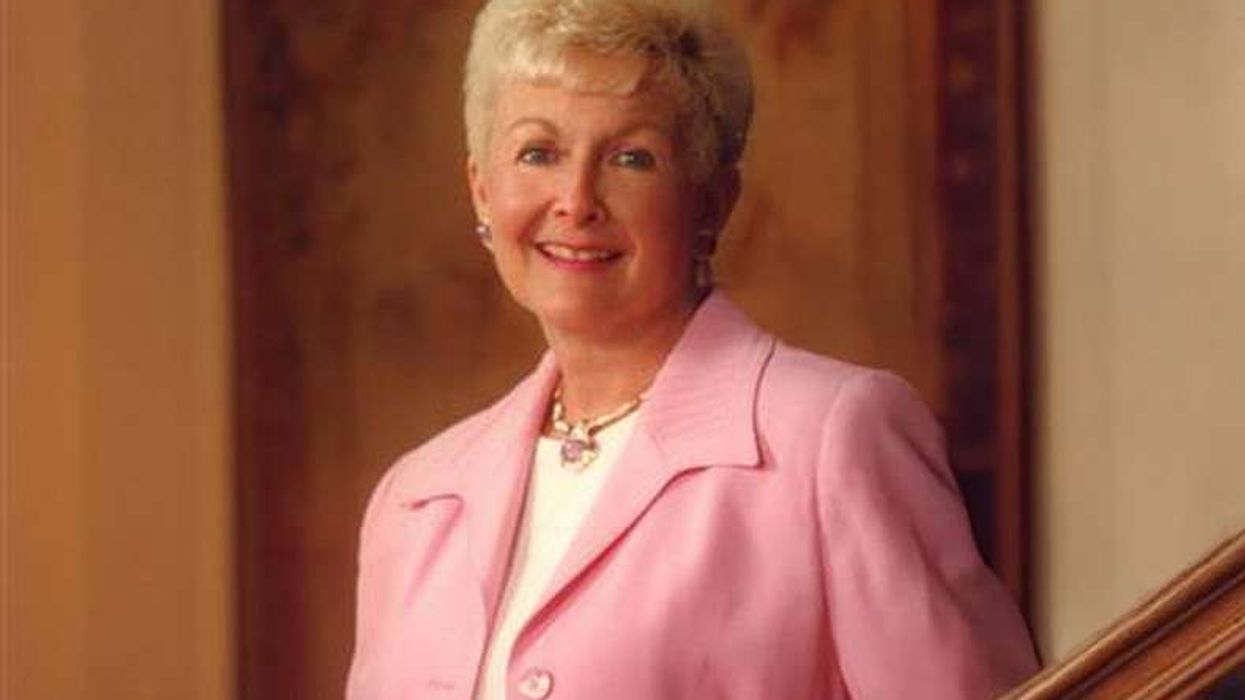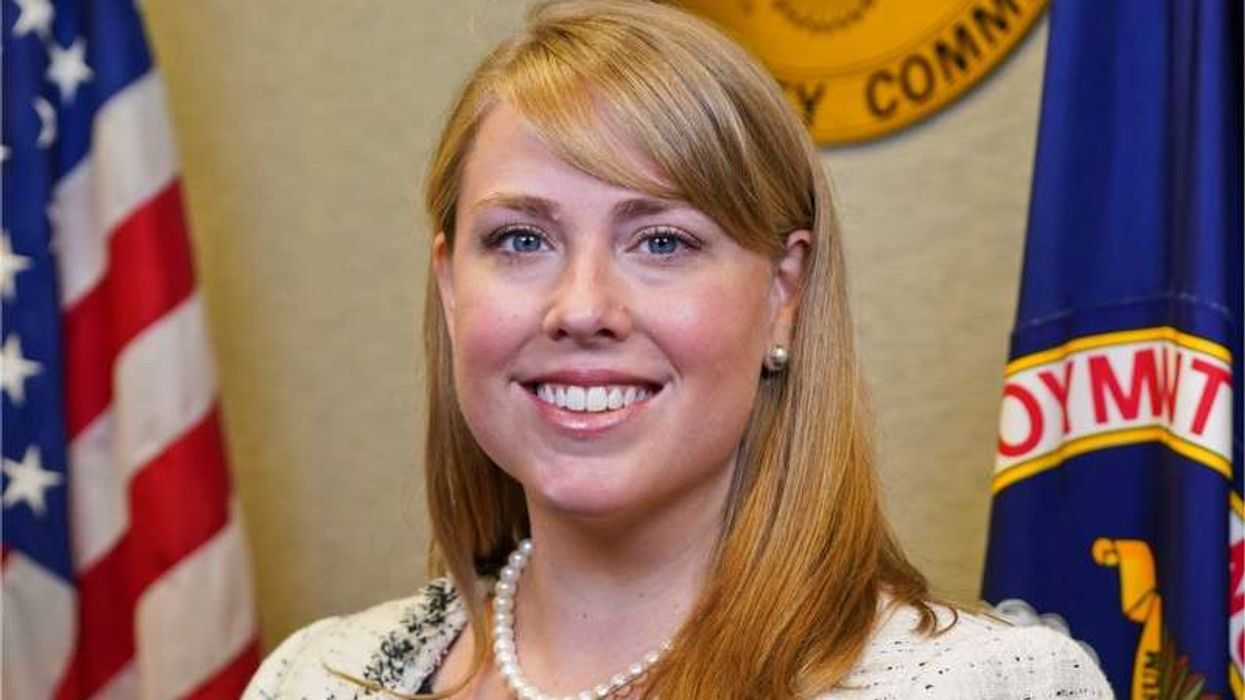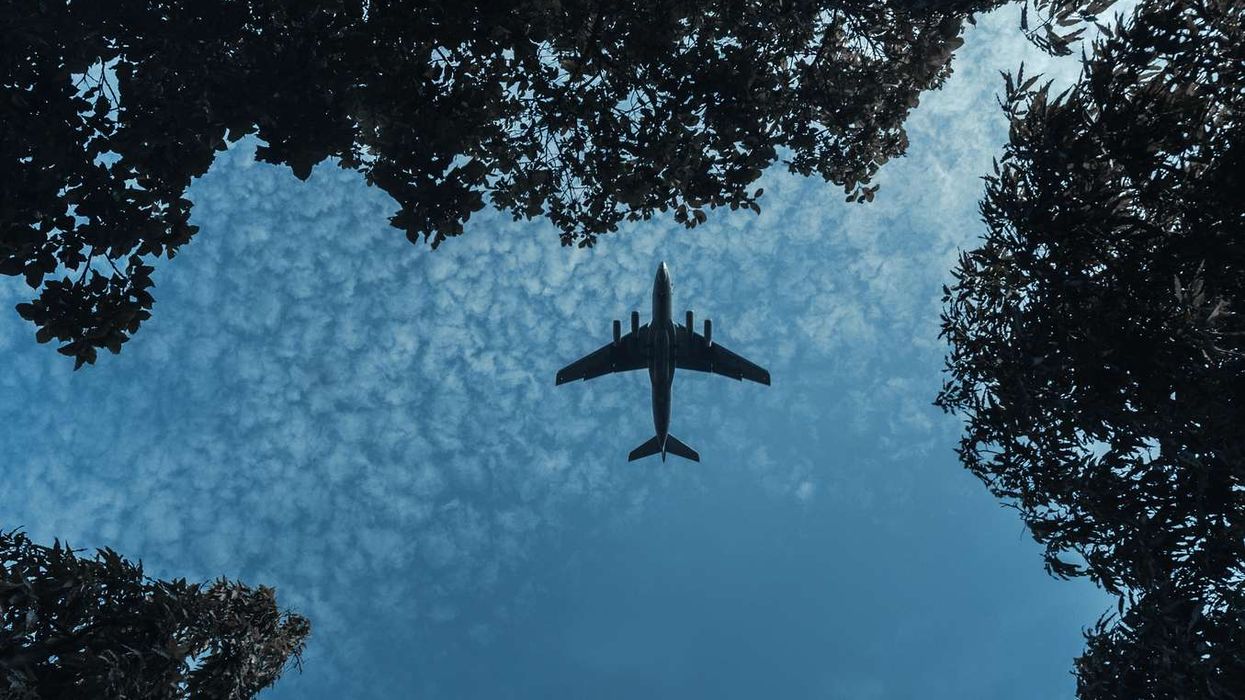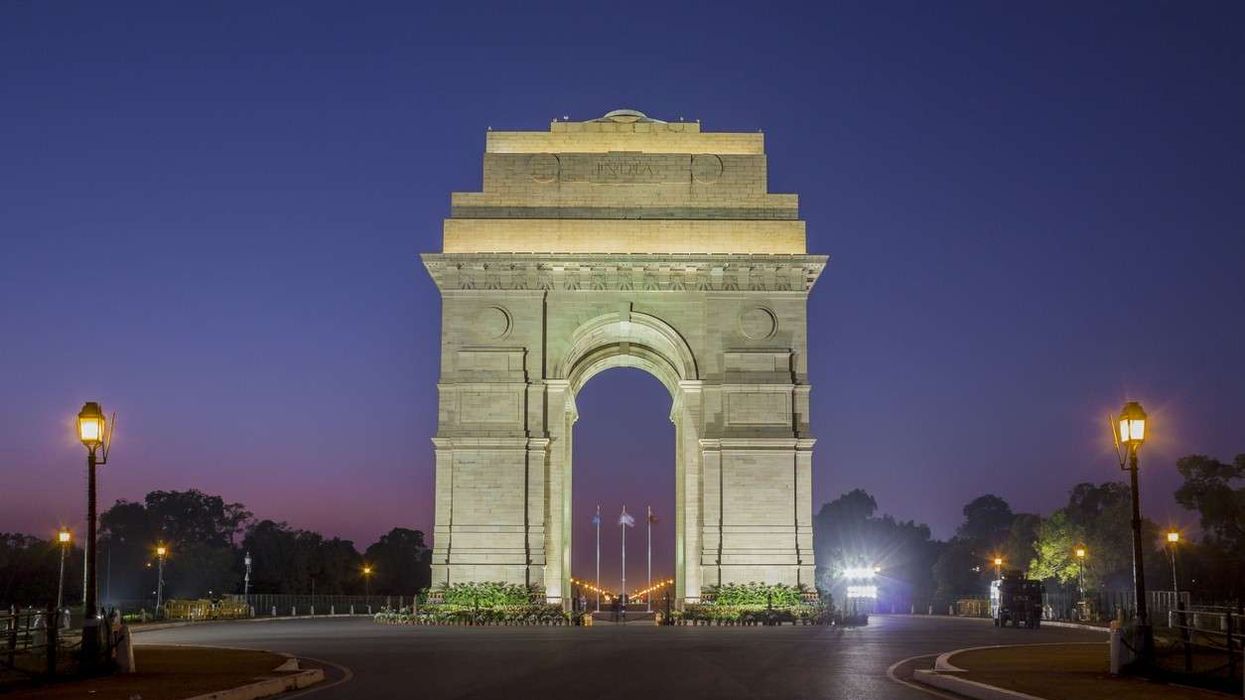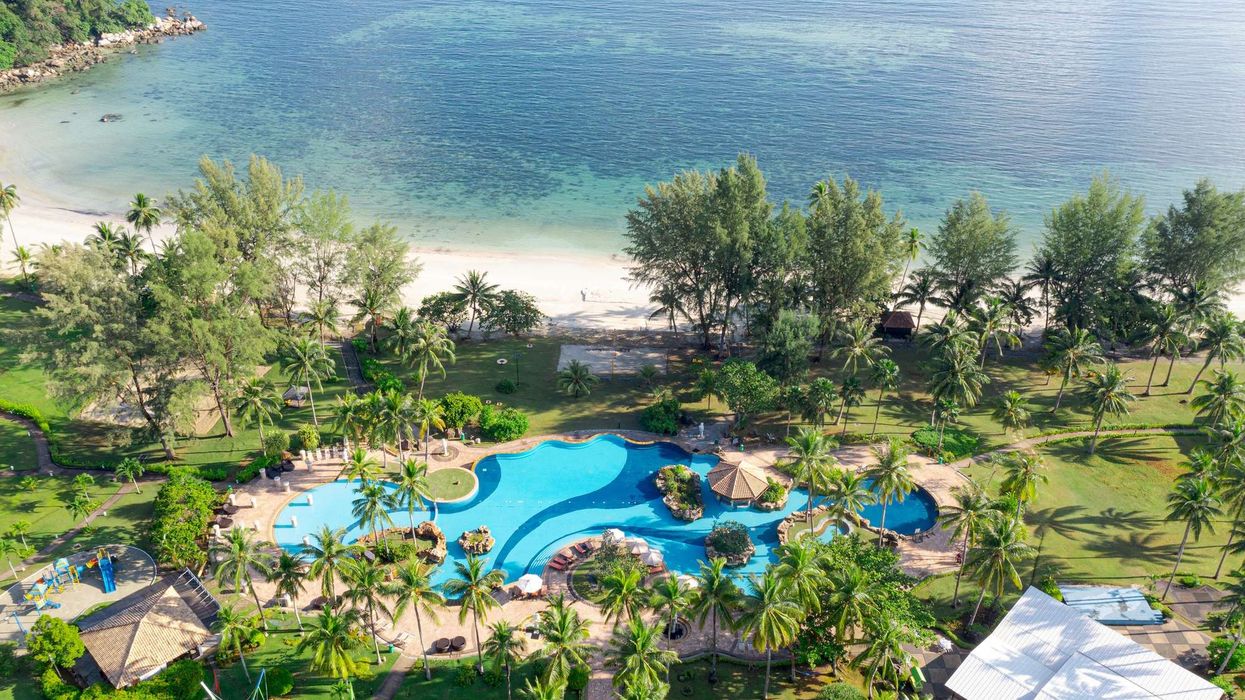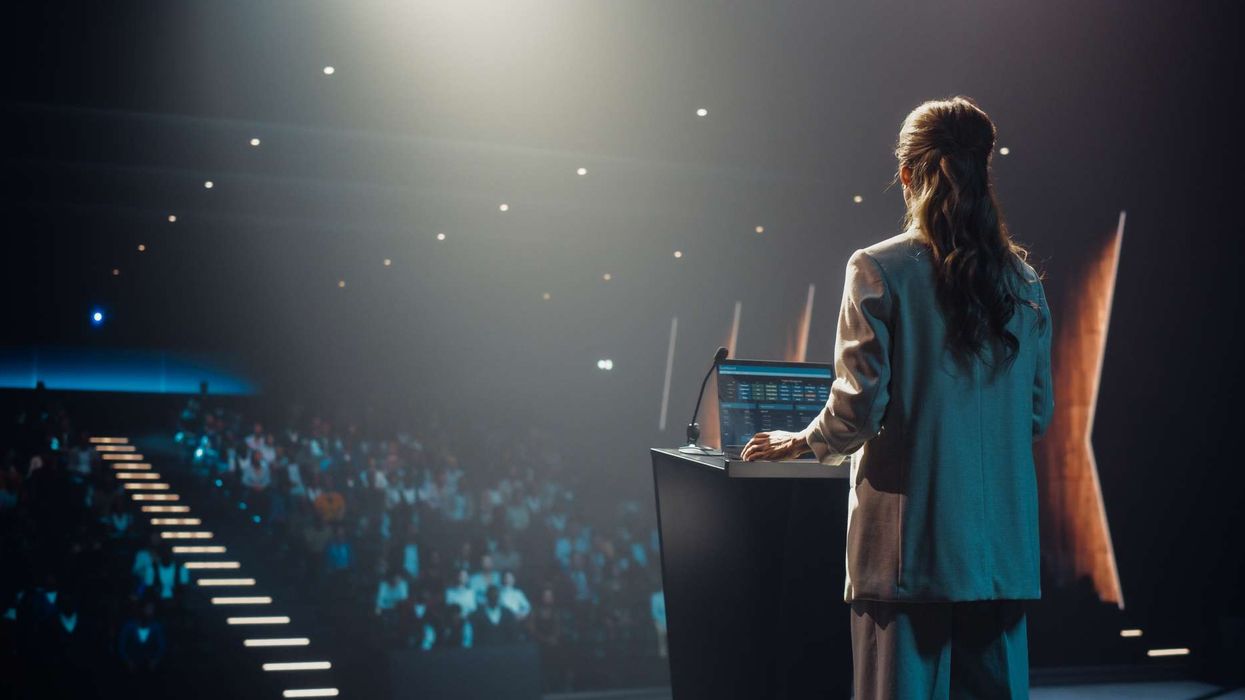AN IMPORTANT FIRST step the U.S. hospitality industry must take toward recovery from the COVID-19 pandemic is restoring the traveling public’s trust that hotels are safe. Several hotel companies and associations are implementing initiatives aimed at restoring that trust, primarily by ensuring hotels are cleaning more than ever before.
Wyndham Hotels & Resorts, Hilton, Best Western Hotels & Resorts, Hyatt Hotels Corp. and Choice Hotels International have implemented programs recently focused on cleaning and putting guests at ease about staying at their properties. Each one also is participating in the American Hotel & Lodging Association’s “Safe Stay” program intended to establish new nationwide cleaning and safety standards in response to the pandemic.
Wyndham wants guests to ‘Count on Us’
Cleaning is a part of Wyndham’s “Count on Us” initiative aimed at bringing in travelers along with delivering personal protection equipment to all of the company’s more than 6,000 U.S. hotels.
“We want the everyday traveler to know they can count on us to put their health and safety first,” said Geoff Ballotti, Wyndham president and CEO. “Over 90 percent of our hotels in the U.S. today are open and welcoming essential business, government, healthcare and emergency responders every night. We salute these everyday heroes who are keeping our nation running. We know that people will also travel again for leisure and to see family and friends. And when they do, Wyndham will be ready to welcome them back.”
The enhanced cleaning and disinfection part of the program includes purchasing products from disinfectant producer Ecolab and increasing cleaning in guestrooms and public spaces. Ecolab also will provide training.
Equipment included in the “Count on Us” distribution includes facemasks for employees, hand sanitizer for distribution in public areas and guestrooms and disinfectant wipes for guests. Wyndham’s pre-negotiated volume discounts will apply and the costs to the hotels will be deferred until Sept. 1.
Best Western cares
Best Western’s “We Care Clean,” an expansion of its 2013 “I Care Clean” program, addresses topics including guest room and common area cleanliness and a process for minimizing contact between guests and employees. The program will be updated regularly.
“We Care Clean elevates our existing cleaning practices and protocols to a new level,” adds Ron Pohl, Best Western’s senior vice president and chief operations officer. “We are putting the safety and wellbeing of guests and employees first.”
Hilton teams up with Lysol
Hilton created its “CleanStay” program with input from Lysol manufacturer RB and the Mayo Clinic’s Infection Prevention and Control team. Some of the new protocols it may incorporate placing seals on rooms so guests know they have not been entered since being cleaned; extra disinfection of most frequently touched guests room areas, such as light switches and door handles; making pen, paper and guest directories available upon request.
“Hilton CleanStay builds on the best practices and protocols we’ve developed over the last several months, allowing our guests to rest easy with us and focus on enjoying the unforgettable experiences we have to offer – while protecting our Team Members who are on the front lines of hospitality,” said Christopher Nassetta, Hilton president and CEO.
Hyatt goes global
Hyatt’s “Global Care & Cleanliness Commitment” program includes an accreditation process by the Global Biorisk Advisory Council, a division of cleaning industry association ISSA, for all the company’s hotels. The GBAC STARTM accreditation will include training at more than 900 Hyatt hotels worldwide, followed by regular internal and third-party auditing.
Each hotel also will train one person on property to be “hygiene manager,” who will ensure the hotel adheres to new operational guidance and protocols, some of which may include:
- Colleague certification, trainings and recertification for hygiene and cleanliness
- Increased frequency of cleaning with hospital-grade disinfectants on all high-touch surfaces and areas such as lobbies, guestrooms, restaurants, meeting and event spaces, recreational areas, public restrooms, fitness centers, elevator buttons, all employee areas, and more
- Implementation of enhanced food safety and hygiene protocols for restaurants, room service, and group meetings and events
- Prominently placed hand sanitizer stations throughout hotel public and employee areas and entrances
- Exploring purification and sanitization device installation in an effort to ensure air quality
- Protective masks and other equipment worn by hotel colleagues
- Social distancing guidance in public areas across hotel properties
Choice commits to cleanliness
Choice’s “Commitment to Clean” initiative includes enhanced best practice guidance for cleaning, disinfecting, hygiene and social distancing at the company’s hotels. Water sanitation product manufacturer Ecolab will provide the programs and training following guidance from the Centers for Disease Control and Prevention, the World Health Organization and the U.S. Travel Association.
“The health and safety of our guests, franchisees and their employees is always top of mind for Choice,” said Patrick Pacious, Choice’s president and CEO. “The Commitment to Clean initiative bolsters existing best practice guidance, with enhancements advanced throughout the COVID-19 crisis, as our franchisees continue to provide accommodations for thousands of first responders, and frontline and essential workers. As our nation starts to re-open and the public resumes travel, we want guests to know that Choice-branded hotels are prepared to welcome them back.”
The initiative includes recommendations for deep cleaning, disinfecting, hygiene, and social distancing best practices and protocols. Ecolab will provide an online resource hub for franchisees, and each Choice-branded hotel will designate a “Commitment to Clean Captain” who will complete applicable best-in-class cleanliness training and will be responsible for incorporating the new protocols into their hotel’s operations.
AHLA holds the umbrella
AHLA’s Safe Stay program is the national umbrella covering all of these initiatives. Its purpose is to change hotel industry norms, behaviors and standards to ensure both hotel guests and employees are confident in the cleanliness and safety of hotels once travel resumes.
“Every hotel guest and employee should know that their health and safety are our top priority,” said Chip Rogers, president and CEO of AHLA. “Safe Stay represents a new level of focus for an industry already built on cleanliness. Hotels have always had rigorous standards for cleaning and safety. With Safe Stay we are enhancing these standards to help create peace of mind. When travel resumes, hotels will be ready to safely welcome back the traveling public.”
Safe Stay includes the Safe Stay Advisory Council of hotel industry leaders who will work with public health experts, scientists, and medical leaders to develop a series of best practices for the industry. Like most of the individual programs mentioned, those best practices include increased cleaning using stronger products, social distancing policies and increased transparency for guests.
The guidelines will be released at www.ahla.com/SafeStay.
The California Hotel & Lodging Association recently released its “Clean + Safe” guide for that state’s hotels.



